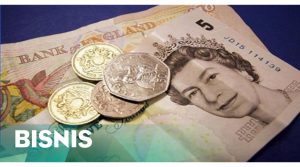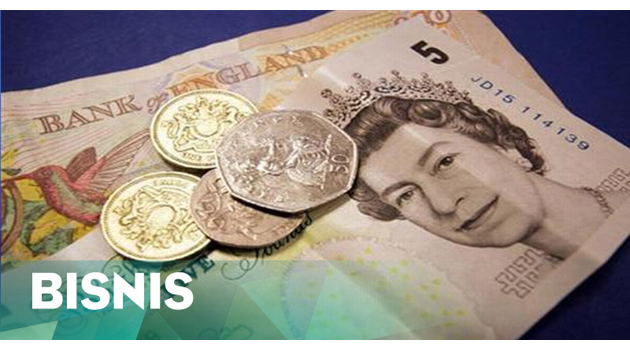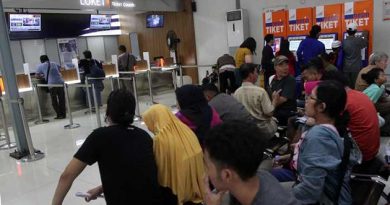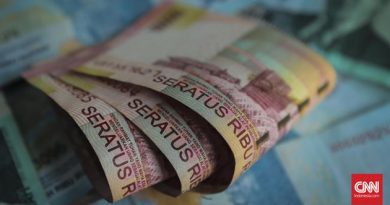Pound to euro exchange rate: Sterling recovers but could be sent back to ‘recent lows

THE POUND could be driven back towards its “recent lows” if today’s UK manufacturing Purchasing Managers’ Index is disappointing, experts say.
The pound to euro exchange rate recovered slightly before the weekend after sinking to its lowest levels since March.
An increase in output from UK manufacturing Purchasing Managers’ Index (PMI) could see the exchange rate improve.
Alternatively, a decrease in output, could see the pound sent downwards.
According to Bloomberg, the pound is currently trading at €1.131 against the euro.
Laura Parsons, currency analyst at TorFX, spoke to Express.co.uk regarding the latest exchange rate figures.
“After hitting its lowest levels since March, the GBP/EUR exchange rate recovered slightly before the weekend thanks to positively revised UK growth data.
“If today’s UK manufacturing PMI shows an unexpected increase in output, the GBP/EUR exchange rate could consolidate its position above €1.130.
“However, a disappointing result may drive Sterling back towards its recent lows.”
Friday saw the pound dropping to its lowest levels since March and was trading at €1.126.
This came as “concerns about the pace of Brexit negotiations and speculation surrounding the Bank of England’s (BoE) plans for interest rates kept the pound under pressure,” said Parsons.
Interest rates are also in discussion to rise again later this year.
They were last raised in November 2017 from 0.25 per cent to 0.5 per cent.
This was the first time they were raised in nearly a decade following the financial crisis.
It was suggested that they could increase again this autumn although this has since been downplayed.
Deputy Bank of England governor Jon Cunliffe told BBC that any rises would be in a “gradual and limited way.”
A vote by the Monetary Policy Committee was in favour of UK interest rates staying at 0.5 per cent 6-3.
Many who voted to keep rates the same cited worries about the economy’s performance in the second quarter of 2018, wanting to wait and see the outcome before interest rate changes.
It was also suggested that the World Cup could be influencing an interest rate rise, due to consumer spending helping the economy.
BoE’s chief economist advised that the “feel good” factor of both the football and the good weather could help the economy bounce back.
Inflation remains at 2.4 per cent, defying May’s expectations and staying at a one year low.
courtesy : express.com
photo : Okezone Ekonomi
[social_warfare buttons = “Facebook, Pinterest, LinkedIn, Twitter, Total”]



